Covid-19: Re-opening Universities is High Risk
Over a third of US colleges and universities fully reopened in August.1. It was risky.
Send us a link
Over a third of US colleges and universities fully reopened in August.1. It was risky.
Tear gas from the near-nightly sieges in Portland may be trickling into the Willamette River, officials fear.
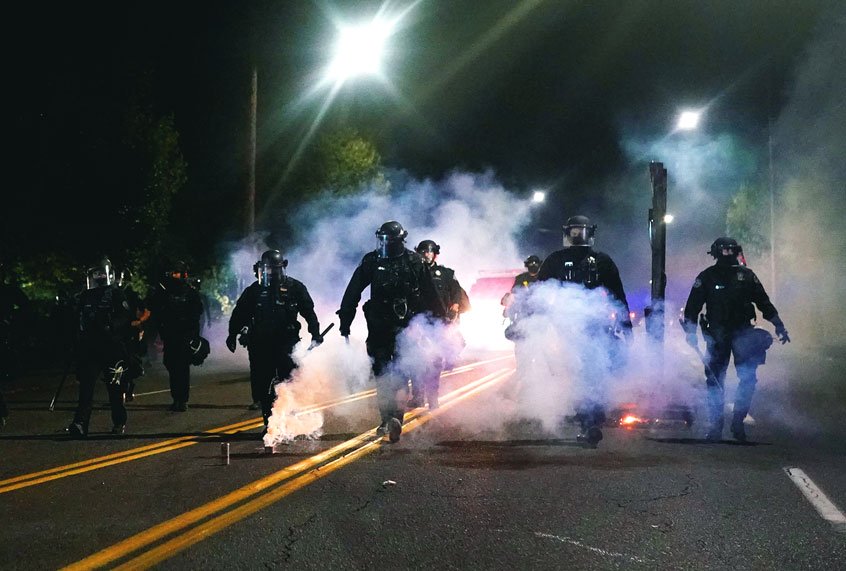
We do not have to live in a constant state of fear that our health is being put at-risk. We can restore and strengthen science-based decision-making processes that are protected from political interference. Today, we are releasing our first set of recommendations providing a roadmap for how the fede
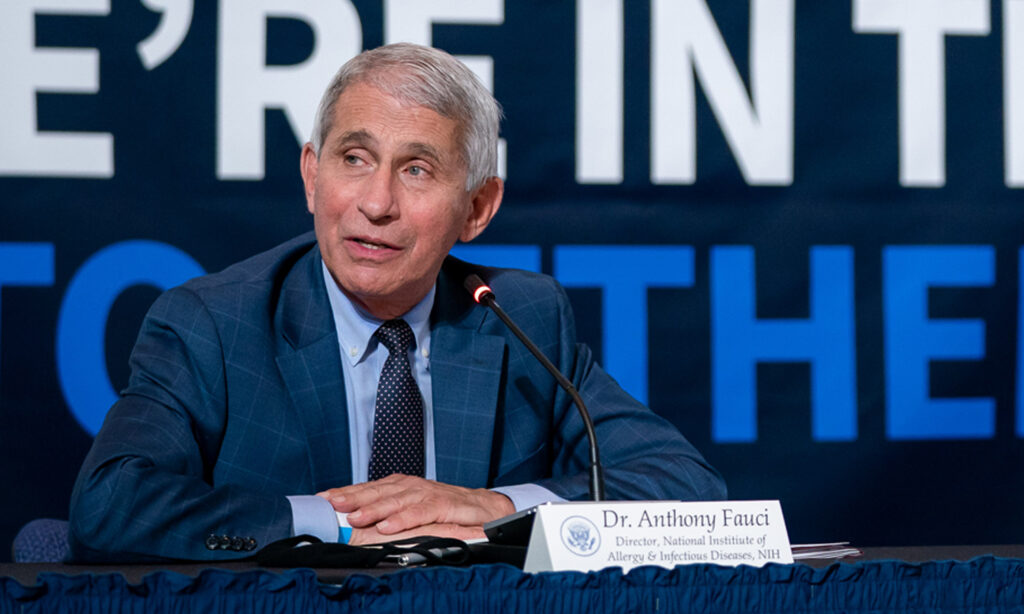
A new study shows the Biogen conference held at Boston's Marriott Long Wharf hotel in February played a far greater role in spreading the coronavirus than previously thought.
"We don't … understand the extent of how this could impact us legally; we're just scared because we know it could," one student says
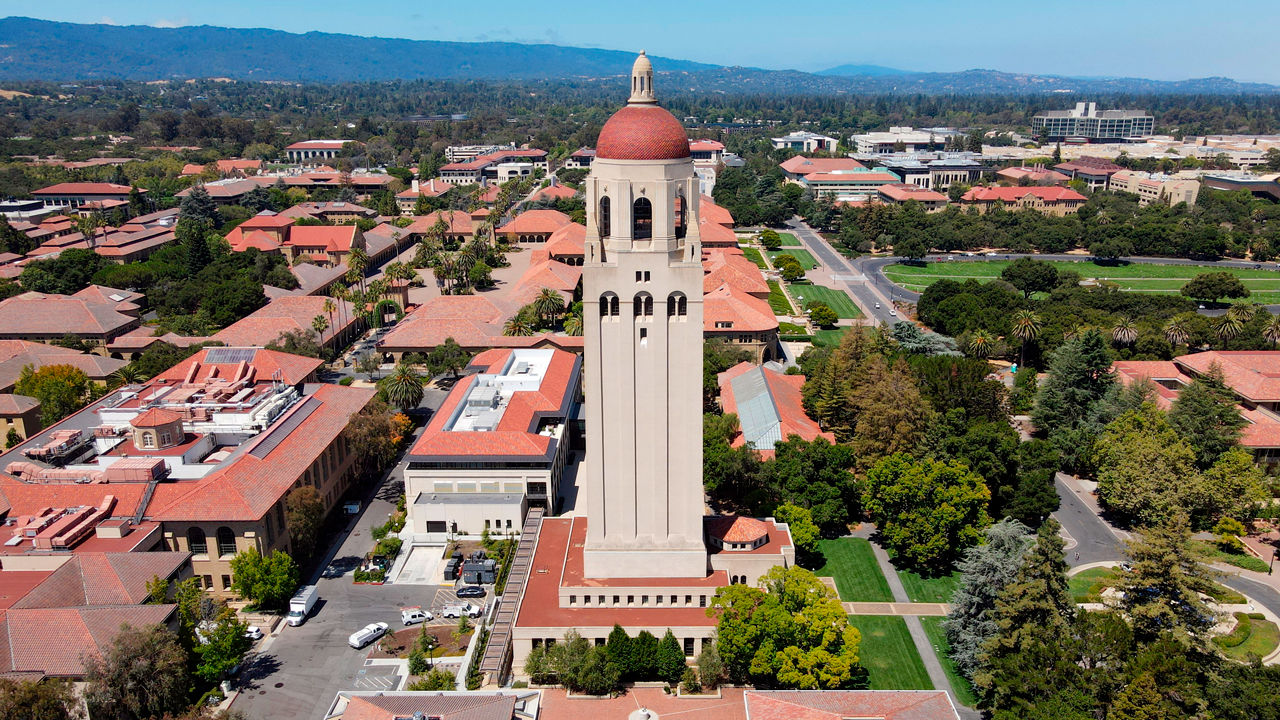
Study would seek to identify effects of bias and how to promote equity.
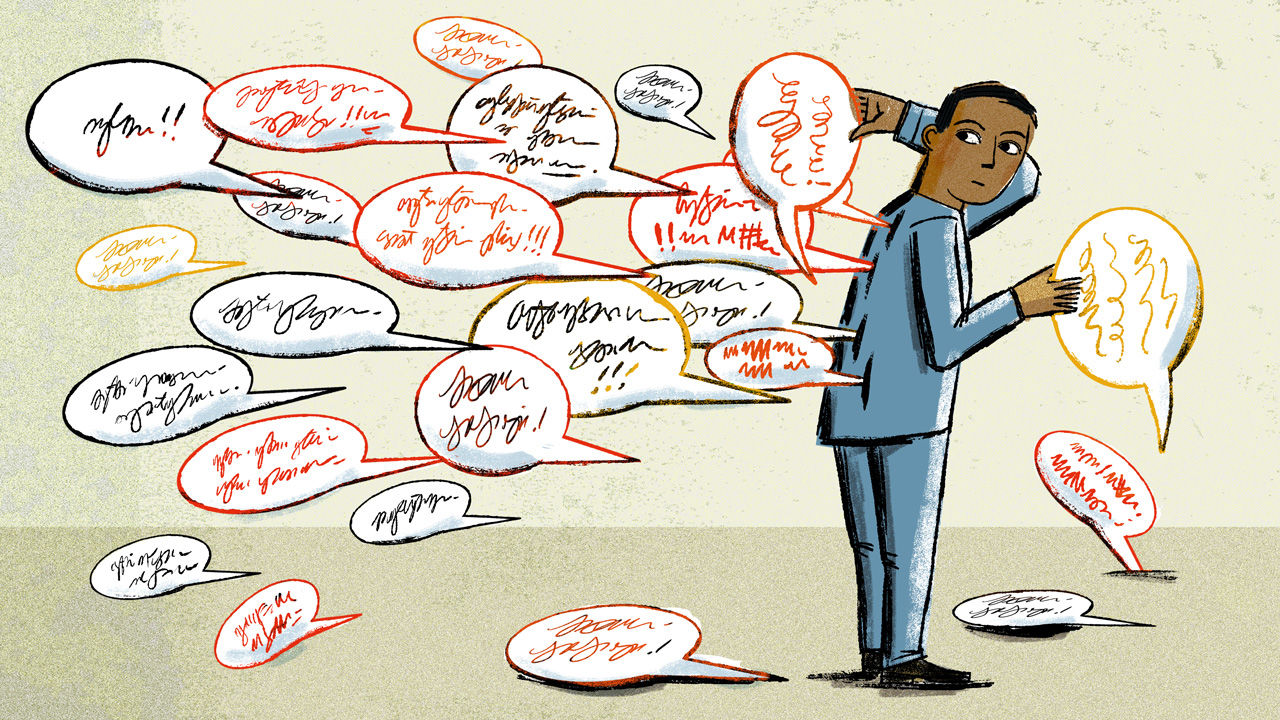
The US National Science Foundation's new focus on computer science could also put already-under-represented groups at a disadvantage, critics say.
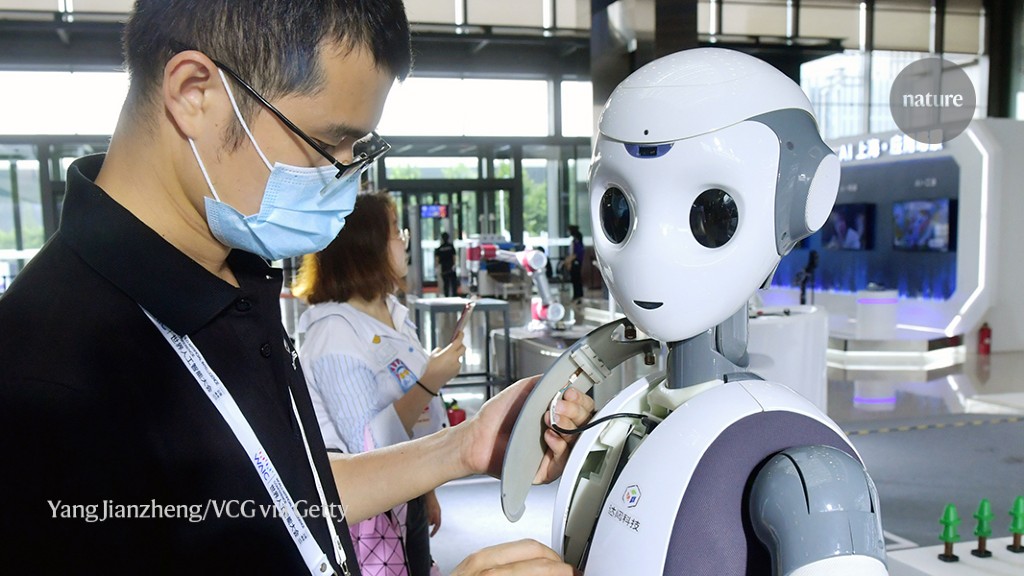
The order to reroute CDC hospitalization figures raised accuracy concerns. But that's just one of the problems with how the country collects health data.
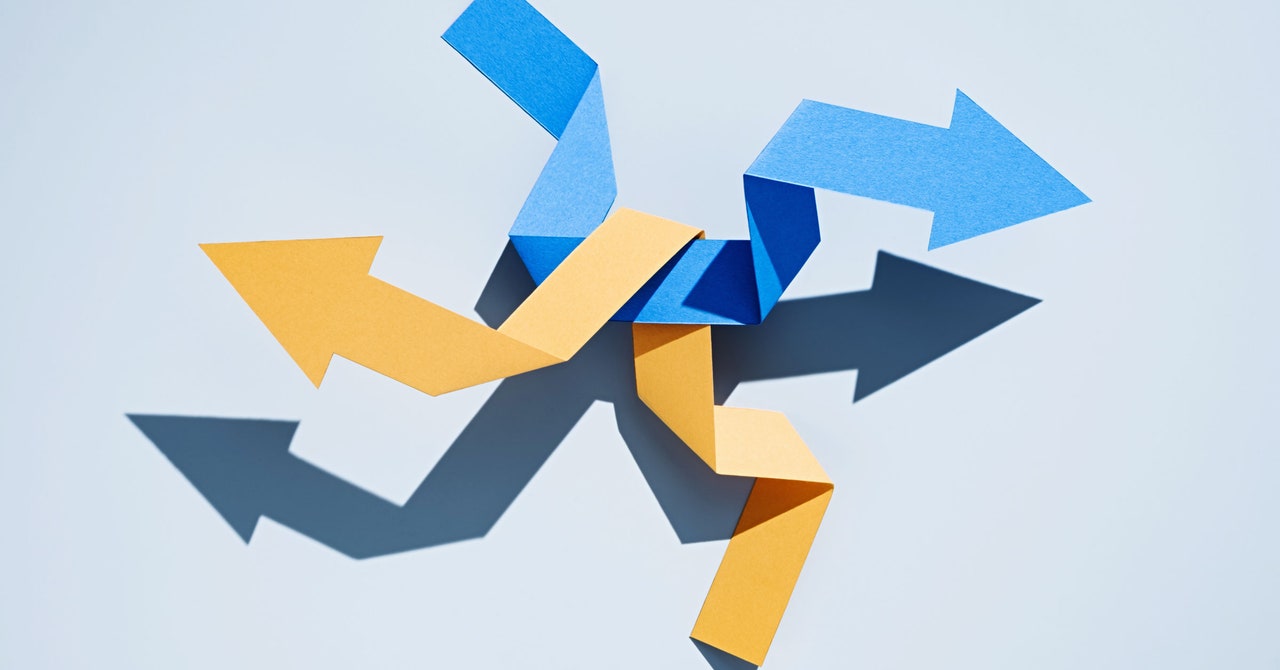
Leaders of the scientific community have declared that American science is in a crisis due to inadequate federal funding. They misconstrue the problem; its roots lie instead in the institutional interactions between federal funding agencies and higher education.
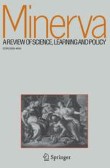
Just weeks after resolving shortages in swabs, researchers are struggling to find the chemicals and plastic pieces they need to carry out coronavirus tests in the lab - leading to long waiting times.
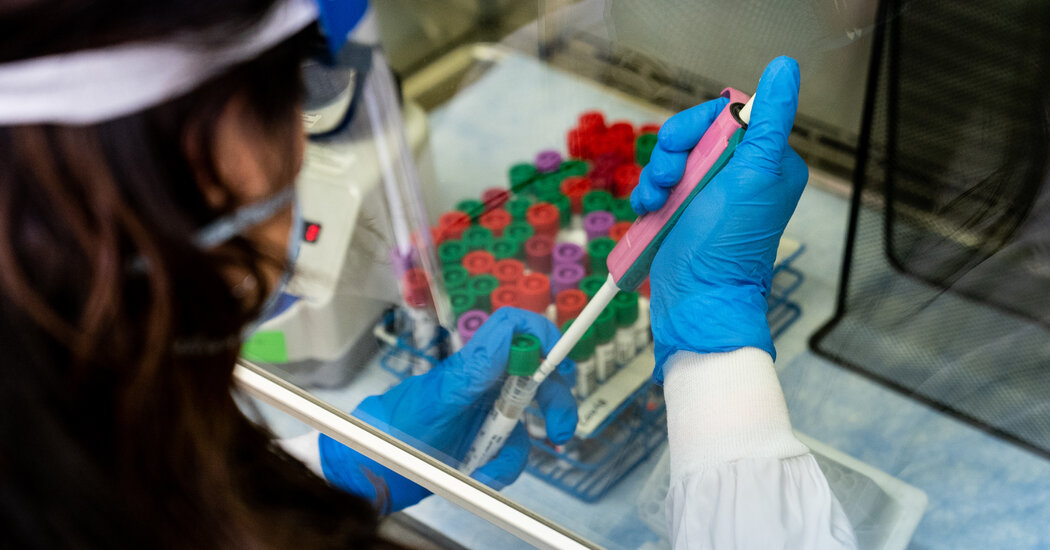
As campuses reopen without adequate testing, universities fault young people for a lack of personal responsibility.

California scientists have been denied access to detailed data on the pandemic by state and local officials
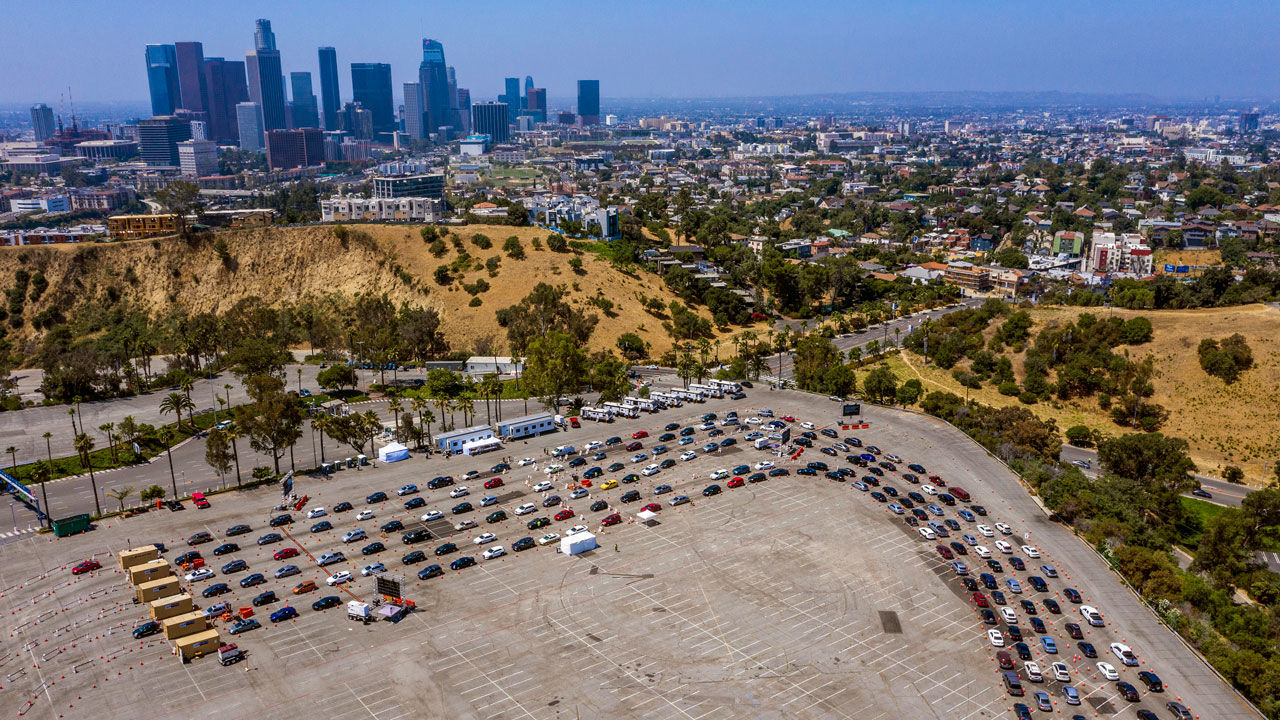
On 22 June, President Trump issued a proclamation that temporarily restricts many types of legal immigration into the country, including that of scientists and students. This will make America neither greater nor safer-rather, it could make America less so, argues Sudip Parikh.
Sethuraman Panchanathan has spent his career finding "win-win" situations
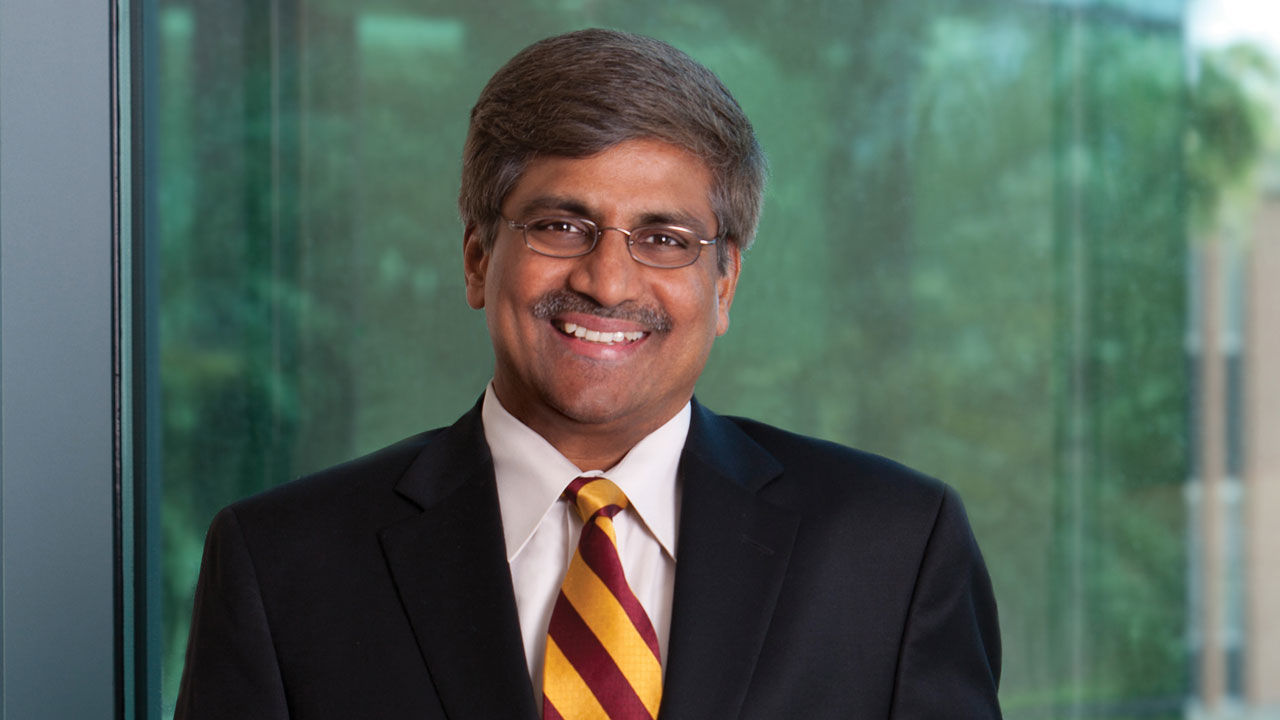
The new Department of Homeland Security rule prohibits international students from returning to or remaining in the United States if their colleges adopt an online-only instruction model for the fall.
The agency has outlined actions it may take to deal with bullies and harassers, but it still relies on universities to report bad behaviour.
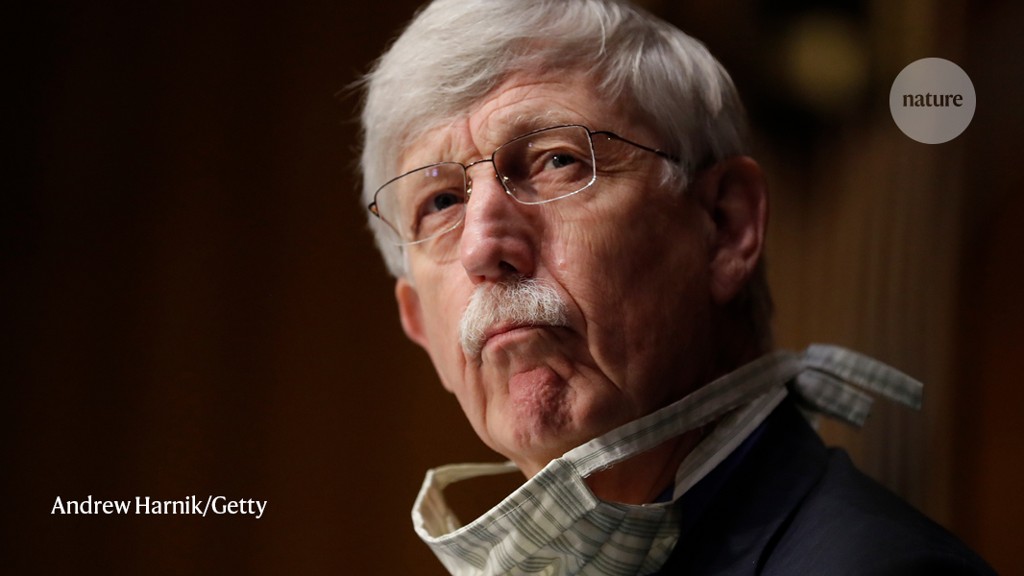
European Union officials are racing to agree on who can visit the bloc as of July 1 based on how countries of origin are faring with new coronavirus cases. Americans, so far, are excluded, according to draft lists seen by The New York Times.
